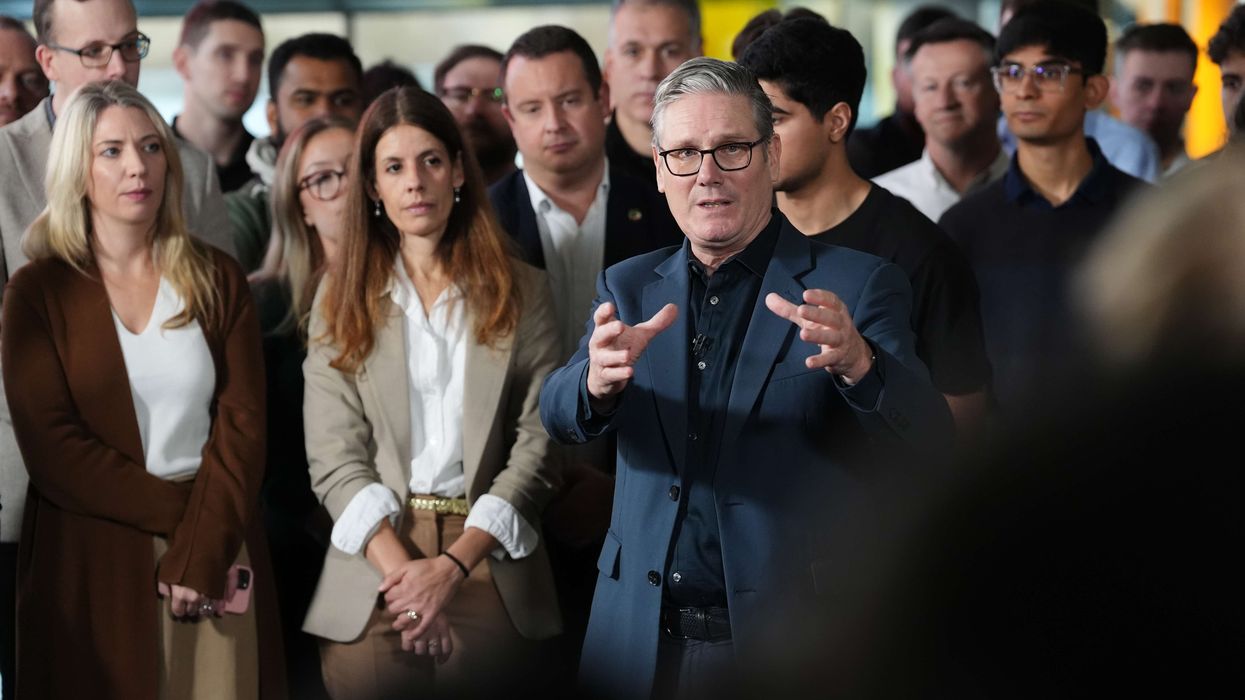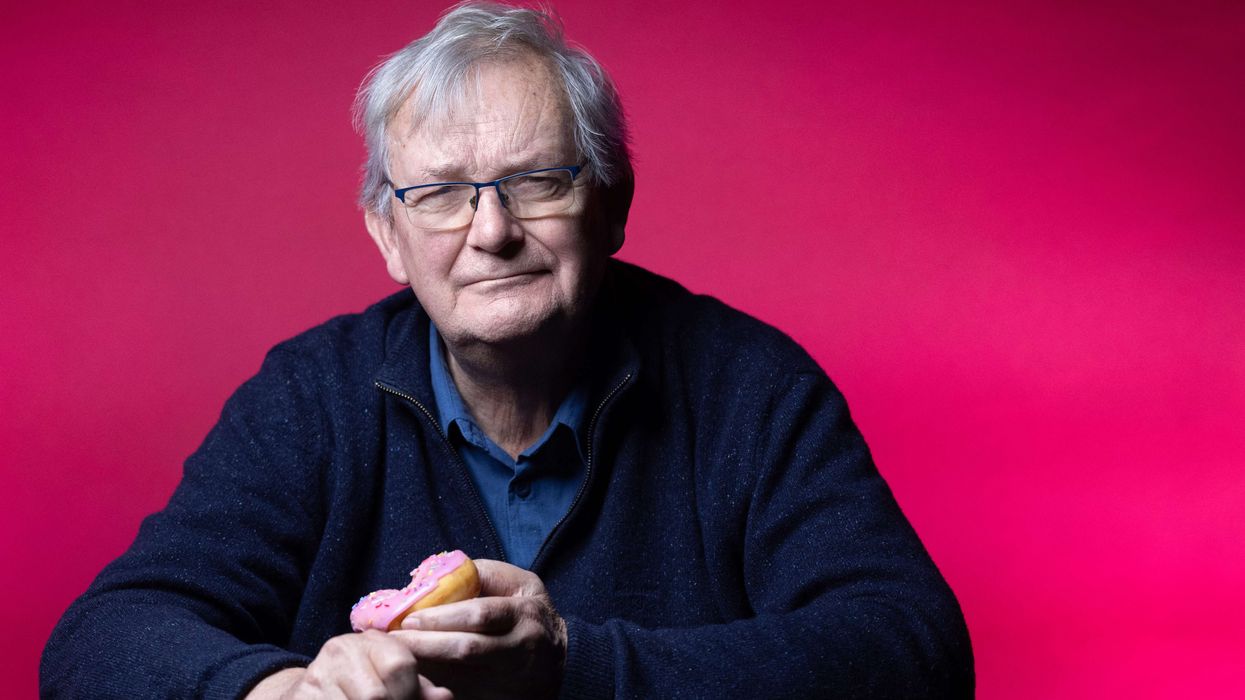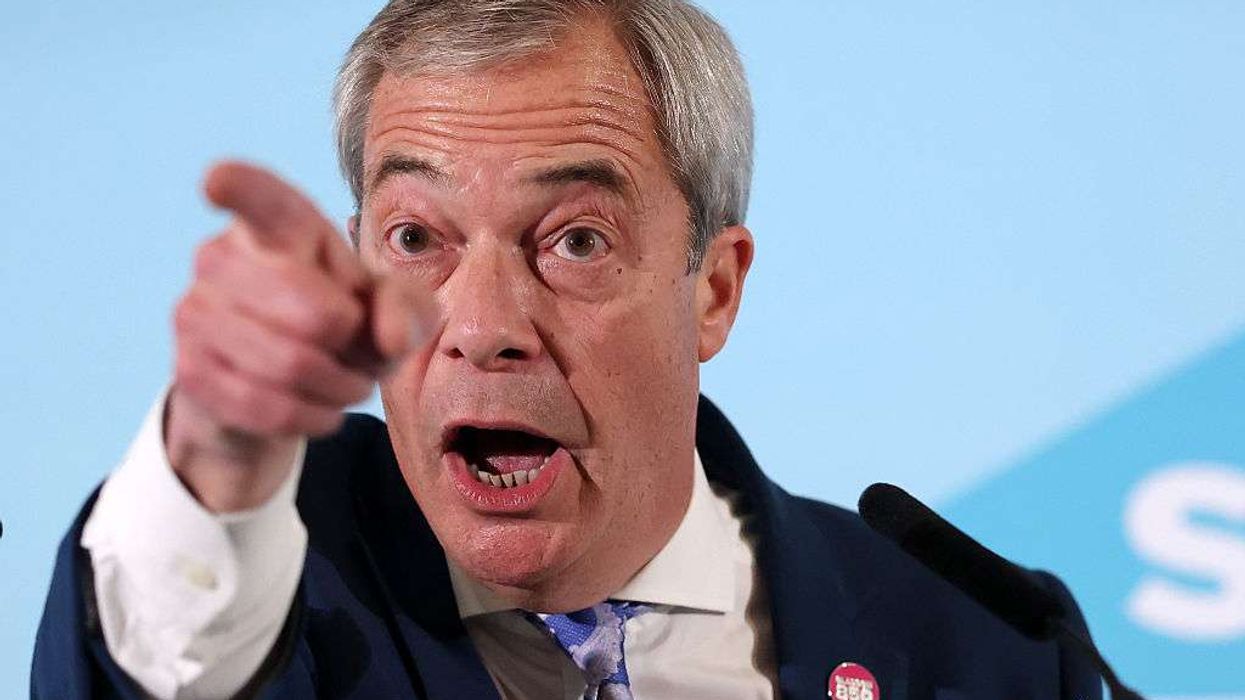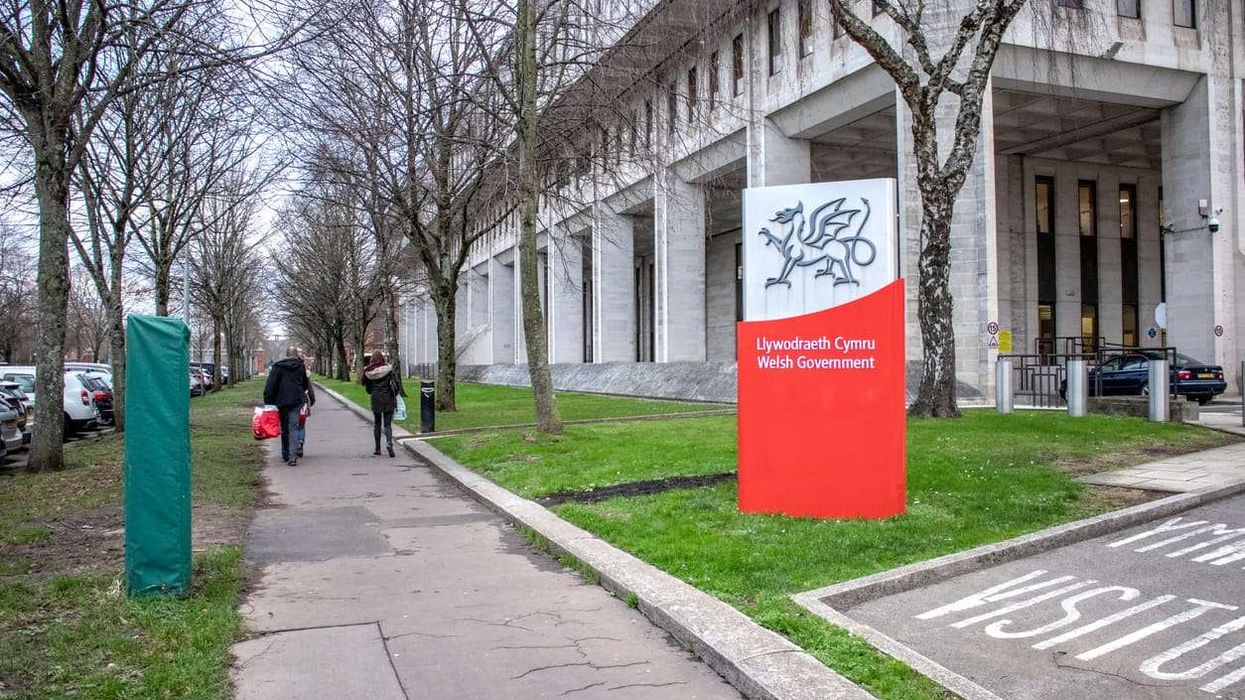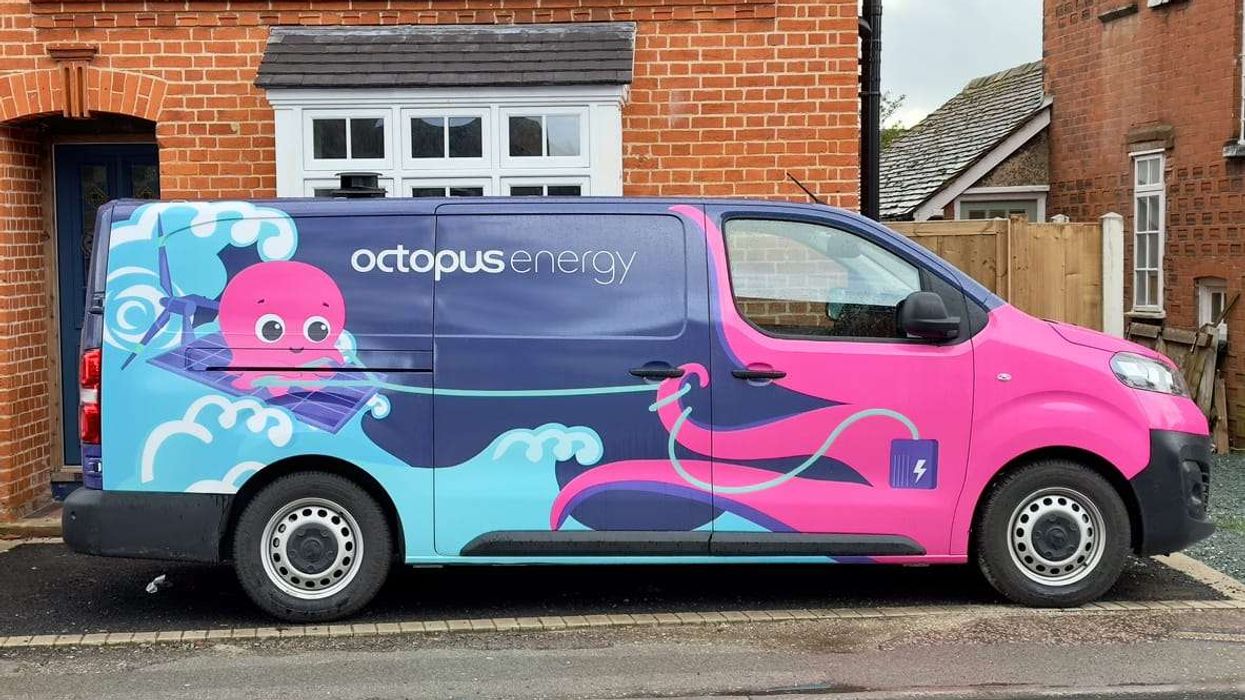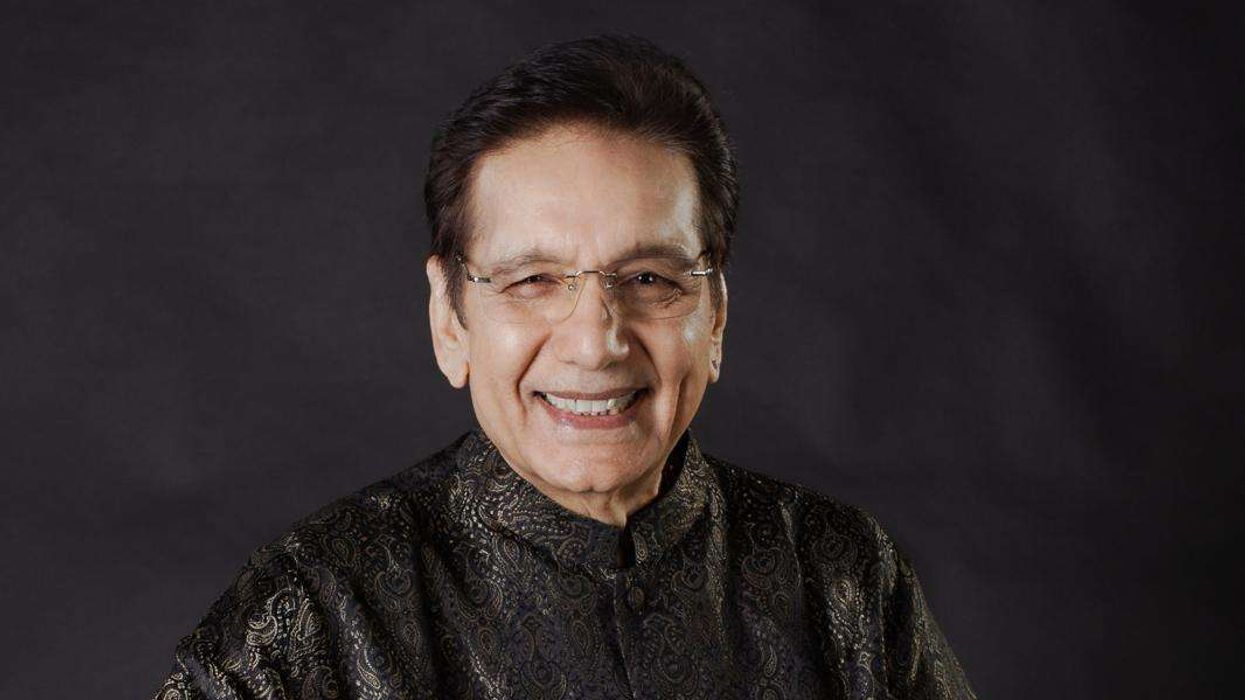Site Navigation
Search
Latest Stories
Start your day right!
Get latest updates and insights delivered to your inbox.
EasternEye | Homepage for the Weekly Newspaper

A youth carries an elderly man as they wade through a flooded street after heavy rainfall in Wellampitiya on the outskirts of Colombo on November 30, 2025. (Photo: Getty Images)
Asia
Cyclone Ditwah: Sri Lankans answered with courage
TH Rasika Samanmalee and Dr Carlene Cornish
Dec 06, 2025
×
Terms and Conditions
By clicking the 'Subscribe’, you agree to receive our newsletter, marketing communications and industry
partners/sponsors sharing promotional product information via email and print communication from Garavi Gujarat
Publications Ltd and subsidiaries. You have the right to withdraw your consent at any time by clicking the
unsubscribe link in our emails. We will use your email address to personalize our communications and send you
relevant offers. Your data will be stored up to 30 days after unsubscribing.
Contact us at data@amg.biz to see how we manage and store your data.
Current Issue
Load More
Comment
Daal, diaspora and climate change: Are cultural recipes the solution?
Mareyah Bhatti
Dec 07, 2025
© Copyright 2025 Garavi Gujarat Publications Ltd & Asian Media Group USA Inc
